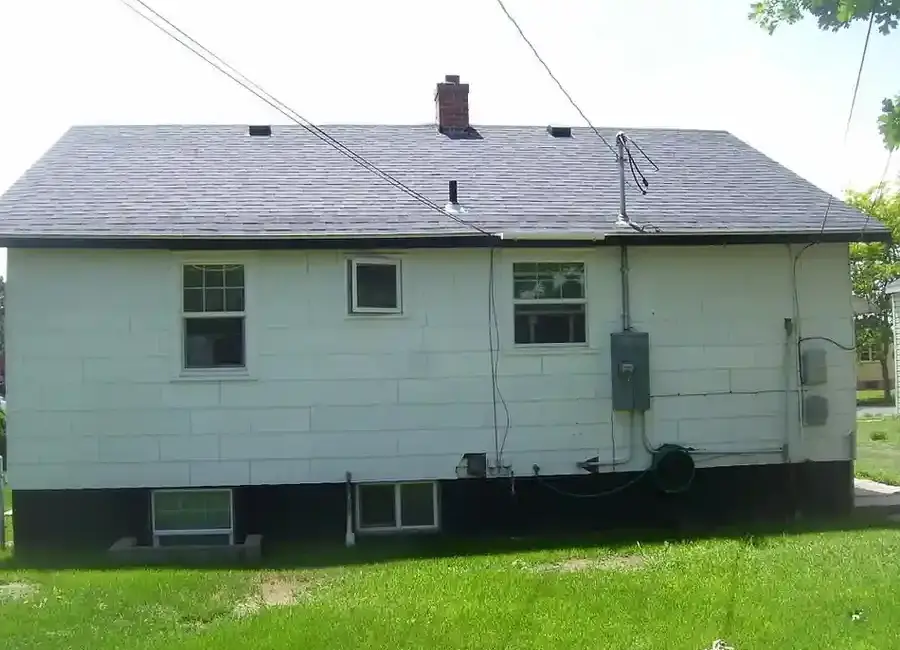Property line disputes can be one of the most frustrating and stressful issues homeowners face—especially when friendly neighborly chats turn into legal standoffs. One question we get asked a lot as real estate professionals is: “In a property line dispute, who pays for the survey?”
The answer depends on the situation, how the dispute unfolds, and whether both parties agree to resolve it fairly. Let’s walk through the key steps, legal considerations, and financial responsibilities involved in settling a boundary disagreement the right way.
—
Understanding the Root of Property Line Disputes
Most property boundary disputes arise due to:
- Unclear or outdated property deeds
- Fence or landscaping placed over the line
- Misinterpretation of existing survey records
- Additions or structures built near or over assumed boundaries
Regardless of the cause, it’s critical to clarify where one property ends and another begins—especially before selling, refinancing, or making improvements. That’s where a professional land survey comes in.
—
What Is a Property Survey and Why Does It Matter?
A property survey is a legal map that outlines the boundaries, dimensions, and improvements on a parcel of land. Licensed surveyors use legal descriptions from your deed, plat maps, and GPS equipment to identify exactly where your lot begins and ends.
During a dispute, this survey becomes the gold standard of truth. It’s often the only reliable way to settle disagreements legally—especially if things escalate to court.
—
Who Pays for the Survey During a Dispute?
Now to the big question: who covers the cost of the survey in a property line dispute?
Here are the most common scenarios:
1. One Homeowner Initiates the Survey
If you’re the one concerned about the boundary and you hire the surveyor to prove your case, you typically pay the full cost. This is often the simplest route, especially if you just want clarity and don’t expect legal drama.
Pro Tip: Always get the survey in writing and request a marked plat map you can share.
2. Both Neighbors Agree to Resolve It Together
If both property owners agree there’s confusion and want to settle it amicably, it’s common to split the cost 50/50. This shows good faith from both parties and can prevent legal fees down the road.
This shared approach is often recommended when:
- A fence needs to be built or replaced
- A shared driveway is in dispute
- Landscaping or trees are involved
3. Dispute Escalates to Court
If the boundary disagreement becomes a legal case, the judge may order a survey. In that case, the court may decide who pays—or split the cost depending on who “wins.”
Courts sometimes assign survey costs to the losing party, especially if they caused unnecessary delays or ignored legal advice.
—
Average Cost of a Property Survey
Depending on location and lot complexity, the average cost of a boundary survey in the U.S. ranges from $400 to $1,200. Rural or irregular parcels can cost more due to terrain or unclear records.
For property owners considering a survey, this is a relatively small investment compared to potential legal costs or the value of land in question.
—
Legal Tips for Homeowners in a Boundary Dispute
Here’s what seasoned real estate agents and legal advisors recommend:
- Always communicate respectfully with your neighbor before involving attorneys.
- Never remove fences, trees, or structures near a disputed line without confirmation.
- Obtain title insurance documents and plat maps from the county or your closing.
- Hire a licensed, local surveyor with experience in residential boundary disputes.
- Keep all documentation in case legal proceedings follow.
—
Real Estate Agent’s Insight: How Disputes Affect Property Value
As real estate professionals, we’ve seen unresolved boundary issues reduce buyer confidence, delay closings, or even derail transactions. Title companies may flag the dispute, and appraisers could devalue the home due to uncertain land rights.
That’s why it’s smart to address disputes early—before listing your home or applying for permits.
Also, buyers often appreciate sellers who provide a recent property survey—it adds credibility and peace of mind.
—
Final Word: Who Should Pay?
At the end of the day, property line disputes are highly personal—but the goal should be to protect your investment and keep the peace.
If you’re initiating the survey, expect to cover the cost. But if both parties want a resolution, split it. If a court is involved, payment depends on legal outcomes.
Either way, a professional land survey is one of the most important tools in resolving boundary issues and maintaining property value.
—
